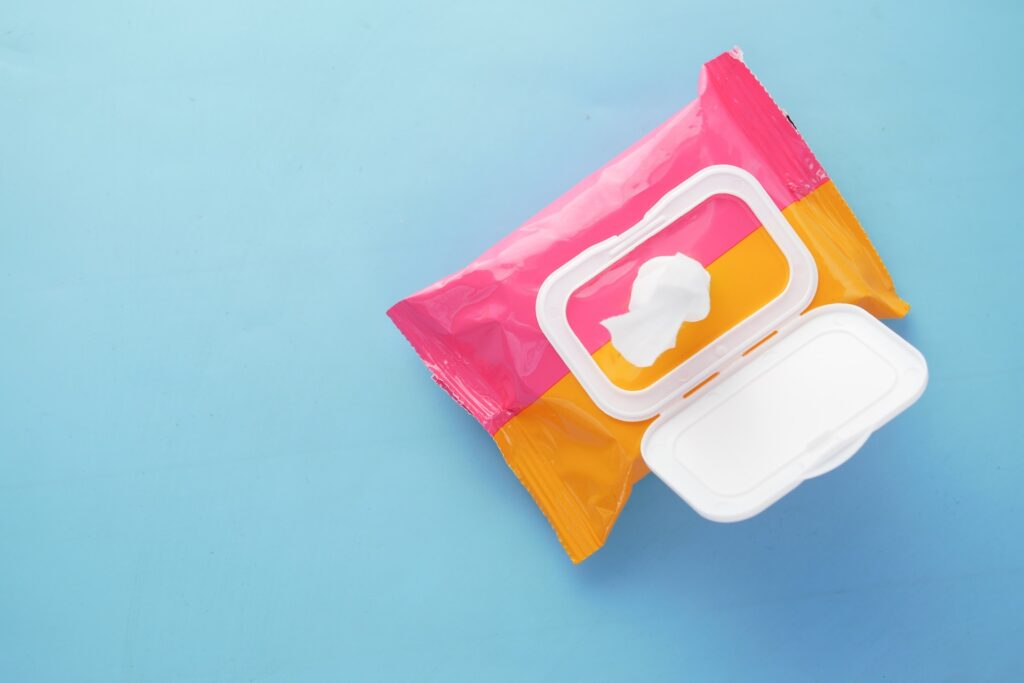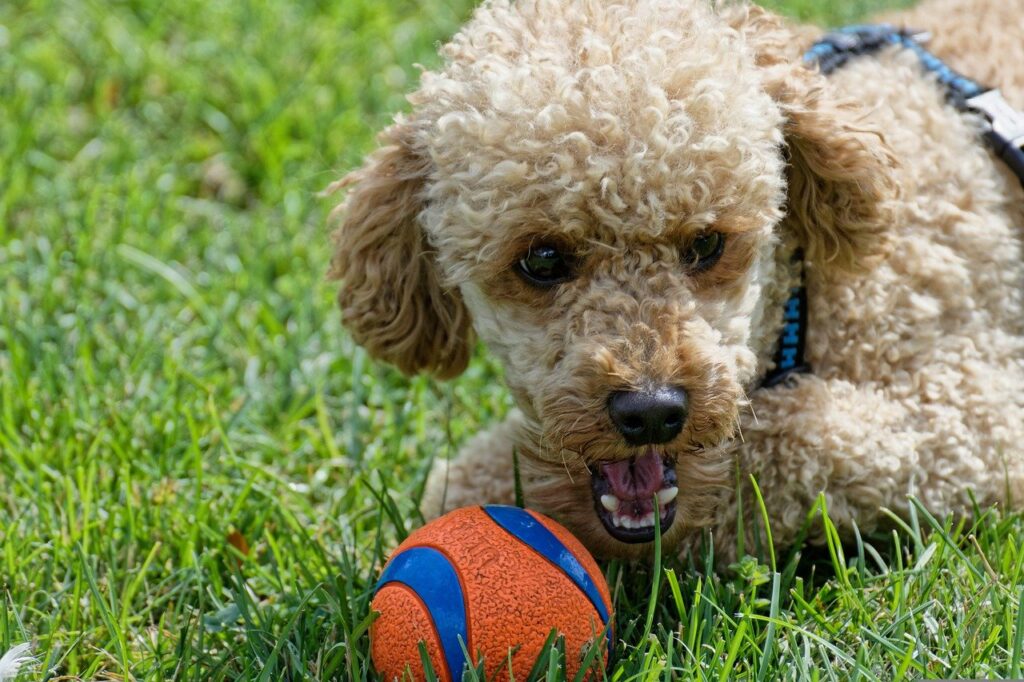Rice Krispie Treats are popular snacks that a lot of people like. And sometimes we want to share our snacks with our loving dogs. But can dogs eat Rice Krispie Treats?
Rice Krispies are fine for dogs in very small amounts. But these delicious snacks are filled with sugar and artificial ingredients that can harm dogs. They can also cause a few other problems you should be aware of.
- What exactly are Rice Krispie treats and what ingredients do they contain?
- What are the risks of feeding Rice Krispie Treats to dogs?
- What should you do if your dog ingests Rice Krispy Treats?
- What are some alternatives to Rice Krispie Treats for dogs?
What exactly are Rice Krispie treats and what ingredients do they contain?
Rice Krispies are primarily made from rice. The rice is first ground into a paste and enriched with sugar, salt, and flavorings. Then, it is molded and cooked to get the needed form. Then the whole thing is popped in an oven, creating the much-loved texture of the snack. Marshmallow cream and butter may also be added.
What are the risks of feeding Rice Krispie Treats to dogs?
These delicious treats can cause some serious problems for dogs. You need to know the symptoms and notice them early if you want to help your dog.
High gluten content
These treats often contain malt barley flavoring, which can contain gluten. This is a problem for dogs that are sensitive to gluten. “A gluten-intolerance/sensitivity is an allergic reaction that causes a dog’s immune system to essentially attack their gastrointestinal tract. In effect, causing severe damage to the lining of the intestine.” explains the Canine Country organization.
Whenever they come into contact with the ingredient, they develop an allergic reaction and digestive issues. Vomiting, diarrhea, and lethargy are common symptoms to keep an eye on.
Excessive sugar amount
The delicious taste of Rice Krispies comes from the high amounts of sugar included during manufacturing. If your dog consumes too much sugar for a long time, it will have a risk of developing diabetes. Sugar is also very caloric and can cause the dog to become obese. Dental issues are another common side effect of excessive sugar intake.
Sodium toxicity
Feeding Rice Krispie Treats to dogs exposes them to a lot of salt. Even though they are sweet, these treats have a lot of sodium which makes them delicious. However, dogs can not have a lot of salt. If they do, they will become dehydrated and suffer from sodium poisoning. Long-term exposure to high salt content can also lead to increased blood pressure.
High in calories
These tasty treats are very calorie-dense. If dogs eat them for a longer amount of time, these calories pile up and the dog will gain weight. This can lead to the dog becoming obese. With obesity, additional health issues with the cardiovascular system will come up. This is especially bad for dogs that don’t move a lot during the day.
Xylitol intoxication
Allowing dogs to eat Rice Krispie Treats may lead them to serious intoxication. These treats contain marshmallow which is made with xylitol. This is an artificial ingredient that is very harmful to dogs, even in small quantities. When ingested, it will cause the dog to become hypoglycemic, and suffer from seizures.
Additional problems
An additive called Tetrasodium Pyrophosphate is added to the marshmallow cream in order to preserve it more. However, it is also believed that it triggers aging, damages blood vessels, and affects the kidneys. Another problematic preservative is called BHT, or Butylated Hydroxytoluene. It is believed that this ingredient is carcinogenic and damaging to the liver and kidneys. An article from the David Suzuki Foundation says this about the tested effects of BHT:
| Long-term exposure to high doses of BHT is toxic in mice and rats, causing liver, thyroid and kidney problems and affecting lung function and blood coagulation. BHT can act as a tumour promoter in certain situations. Limited evidence suggests that high doses of BHT may mimic estrogen, the primary female sex hormone, and prevent expression of male sex hormones, resulting in adverse reproductive affects. |
What should you do if your dog ingests Rice Krispy Treats?
Because Rice Krispie Treats are not safe for dogs, you have to know how to handle an accident when your dog eats one. If this does happen, you have to stay calm and not panic. Tell the dog to drop the treat from its mouth. If the dog doesn’t listen to you, take any treats out of its vicinity to prevent it from eating more. Give it some fresh water and try to figure out how much it had to eat. Read the ingredients of the snack so you know what to expect.
Your next step is to call your vet and explain the situation. You will need to give them all the information you have. Then, they will decide if you need to bring your dog to their office. If so, they will diagnose your dog and decide on a proper treatment. Sometimes, they may need to induce vomiting. Your dog might need to be hospitalized and monitored for a few days.
What are some alternatives to Rice Krispie Treats for dogs?
Because these treats are not very good for dogs, you can find some substitutes to give. If you want to give something crispy, you can give some popcorn to your dog. But don’t add any salt or butter. Dogs can have some ginger snaps but not in large amounts. These can be good for its digestion.
Some healthy dog treats include fruits like blueberries, bananas, or apples. You can freeze these in the freezer and give them to your dog whenever it wants something sweet. They are perfect during hot weather as they will refresh the dog.
Are there any homemade dog treat recipes using dog-friendly ingredients?
You can try a simple way to make some delicious dog-friendly snacks. Mix a cup of whole wheat flour with forths of peanut butter, unsweetened applesauce, and water. This will form a dough that you can cut into cookie shapes.
Preheat your oven to 350°F (175°C) and place the treats on a baking sheet. Put them into the oven and bake for 20-25 minutes or until golden brown. Take them out and let them cool before giving them to your pup. Always give treats in moderation. If your dog doesn’t know when to stop eating, control its eating habits by offering less.
Can dogs eat Rice Krispie Treats? – A conclusion
These delicious treats can be very enticing for your dog. And if it gets to eat a bite it will probably be fine. But larger amounts of the snack will surely cause harm.
These snacks contain a lot of sugar, salt, and artificial ingredients that are known to harm dogs. Being highly caloric, they can easily cause the dog to gain an unhealthy amount of weight. If the dog is sensitive to gluten, it can also suffer from symptoms of gluten intolerance and potential allergies when it does eat the snack. There may be noticeable problems with the dog’s digestive system.
If your dog does get its hands on this snack, you need to calmly monitor the situation and consult with a vet. They will help you and guide you through the situation. If you do want to give snacks to your dog, there are other great choices you can try.
FAQ
Do these treats cause constipation?
Yes, these snacks contain low amounts of fiber which can lead to constipation. A way to deal with this situation is to give more water and laxatives to your dog to potentially cause it to poop.
Can diabetic dogs eat the snacks?
No, dogs with diabetes must not eat these snacks. The main content of the treat is rice, which is a food with a high glycemic index. It causes a spike in the dog’s blood sugar worsening its disease.
Are plain Rice Krispies safe for dogs?
Dogs can not eat Rice Krispie Treats, but the plain variety is fine for them. These treats are not inherently toxic to dogs. They do not contain ingredients that are immediately harmful. However, they should still be offered in moderation.
How can I ensure my dog’s diet is balanced?
A typical diet for dogs should include high amounts of protein and low amounts of carbs. Additionally, vitamins and minerals are key ingredients. Artificial ingredients should be avoided. Commercial dog food usually has everything your dog needs.
More dog nutrition resources
Here are a few other resources talking about giving certain foods to dogs and the effect they have on their health.
- Can dogs have ritz crackers
- Can dogs eat canned green beans
- Dog ate uncooked rice
- Can dogs eat ice cream cones
- Can dogs eat vegetable soup
You can find a lot more information on the types of food you can feed your dog on our site Dogisa!
What To Do If Your Dog Ate A Baby Wipe: Advice And Solutions
Dogs like to chew on things and sometimes they will get their chompers on something…
Do Poodles Pick A Favorite Person? – How To Be The Favorite
Poodles are loving and intelligent dogs that will fit in perfectly with your family. And…
Do Poodles Bite? – Reasons For Biting And How To Control It
Poodles are a cute dog breed that is very popular among dog owners. People usually…
Why do Dog Leave Odorless Wet Spots? And how to treat them
It is not uncommon for dog owners to notice that their dog leave odorless wet…
Why Does My Dog Only Have Diarrhea At Night? [How To Help]
Diarrhea is not an uncommon thing and most dogs will suffer from it at least…
A Complete Guide To The Corgi Heat Cycle [+ Tips]
Going into heat is what we refer to when we talk about periods in dogs….








